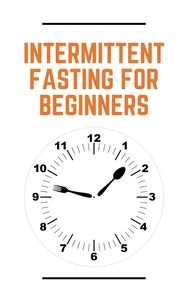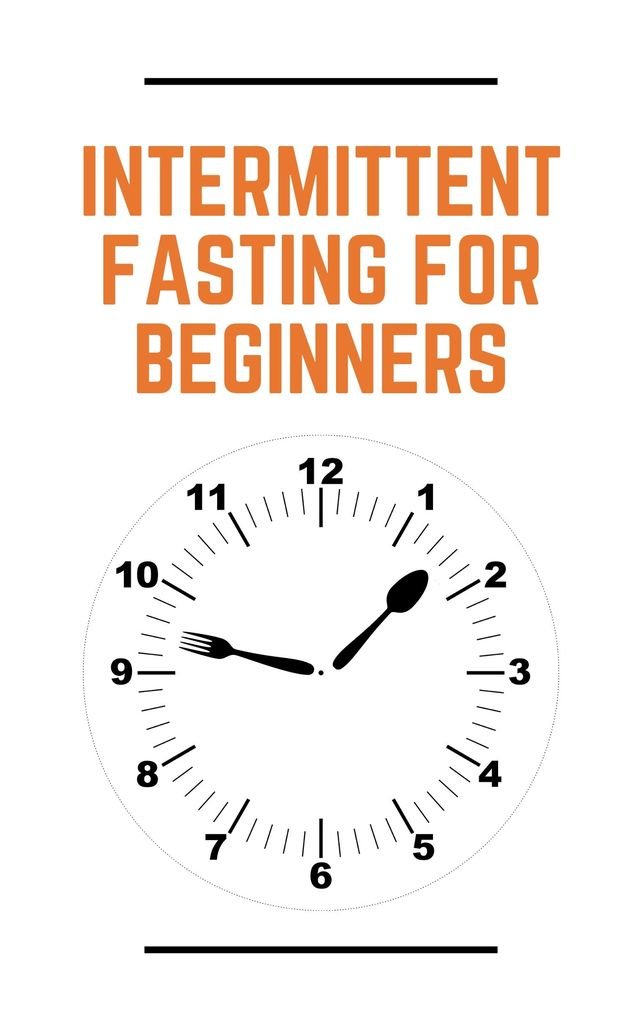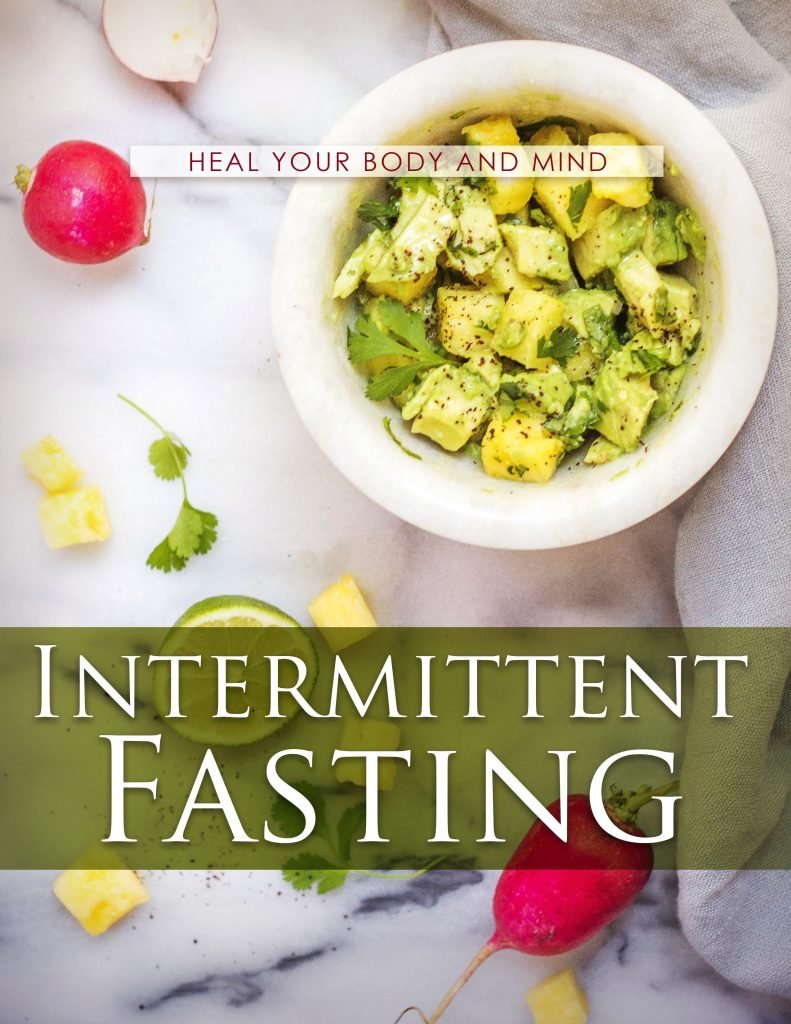Frequently Asked Questions About Intermittent Fasting
If you are considering trying to lose weight through intermittent fasting then you probably have a few questions about it. With so many people thinking about starting intermittent fasting there are many questions that arise. We have identified the most frequently asked questions about intermittent fasting and will provide the answers to you.
Where did Intermittent Fasting start?
Intermittent fasting did not start in one specific place. Many years ago our ancestors used to live by intermittent fasting. They had to hunt for food and some days they would eat and other days they wouldn’t if their hunt was unsuccessful.
Our ancestors didn’t know it at the time but they were intermittent fasting. If the hunt for food resulted in nothing (which it often did) then there would be no food to eat for that day. It was rare to see overweight people during these times.
The important take away here is that our bodies have a built in mechanism to deal with intermittent fasting. If they didn’t have this then our ancestors would not have survived. When you sleep for 8 hours a day you are intermittent fasting as you do not eat while sleeping.
Is Intermittent Fasting safe?
We could never say that intermittent fasting is totally safe for everyone. People are all different and their bodies react in different ways. There are some conditions where intermittent fasting needs to be practiced with caution or not practiced at all.
The good news is that most people can use intermittent fasting safely. There can be a few side effects with intermittent fasting but usually these are temporary. However, if you have a specific medical condition, are a pregnant woman or have a tendency with eating disorders then it may not be for you.
Always consult your doctor before starting with intermittent fasting.
Which Intermittent Fasting method should you start with?
One of the reasons that a lot of people fail with intermittent fasting is because they try and do too much at the start. It is commonly known that the more you fast the quicker you will lose weight. So people dive in to intermittent fasting methods where they have to fast for a whole day or more.
Intermittent fasting is not easy. Your mind and body have to become accustomed to it. If you try and do too much you are far more likely to quit. So we recommend that you start with probably the easiest intermittent fasting method which is Lean Gains or 8:16. You eat for 8 hours and fast for 16 hours.
It will take you time to get used to the 8:16 method and you will probably have some difficult days. But it is a lot easier to deal with than trying to fast for 24 hours if you have never fasted before.
What happens if you break the fasting rules?
If you eat during the fasting window then this is going to temporarily affect your results. What you definitely shouldn’t do is quit intermittent fasting if you break the fasting rules. Just start again the next day and be more persistent.
It is going to take around 2 to 3 weeks for your mind and body to accept intermittent fasting. Once you have got through this critical period then things should get easier for you. Any lifestyle change or new habit takes time so please accept that.










